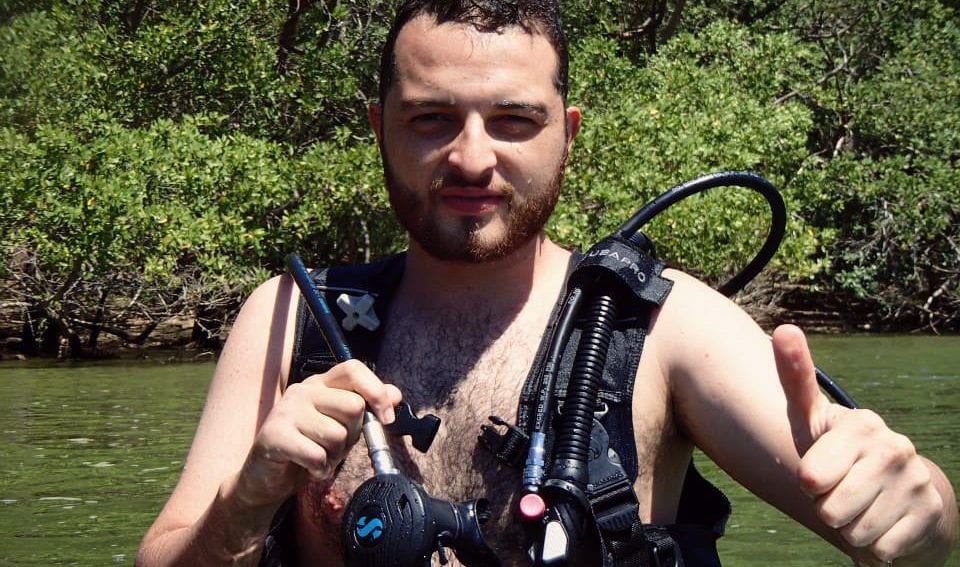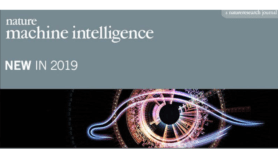By: Lisbeth Fog
Send to a friend
The details you provide on this page will not be used to send unsolicited email, and will not be sold to a 3rd party. See privacy policy.
A young Colombian biologist is being sued for publicly sharing a master’s thesis online. Several Colombian lawyers have told SciDev.Net that the case highlights that the country’s intellectual property laws may need to be reformed for the internet age.
The affair began in 2011, when Diego Gómez Hoyos found the thesis online. Its author is salamander expert Andrés Acosta Galvis, who now curates the amphibian collection at the Alexander von Humboldt Biological Resources Research Institute in Colombia. Gómez wanted to share the document with fellow biology students at the University of Quindio, where “we don’t have easy access to scientific literature,” he says.
To do this he added it to Scribd, a digital documents library to which anyone can upload files. But Acosta then accused Gómez of violating Colombian copyright law and sued him.
Gómez says he later discovered that Scribd demands either a US$5 fee or for the user to upload a document of their own in return for allowing document downloads from the site.
Based on this, Acosta’s case is that Gómez was using the document to make a profit, explains Germán Realpe Delgado, the lawyer defending him. However, Realpe says this is not true and that Scribd have confirmed to him that Gómez has earned nothing from his action.
The case is due to be heard in early 2015, although this could be delayed if appeals are lodged. It has already been pushed back due to ongoing judge strikes in Colombia sparked by the high volume of cases the legal system is dealing with.
Gómez could ultimately face a jail sentence, though Realpe explains this is a unique case and there are many appeals that could be lodged, so the outcome is uncertain.
Wilson Ríos, a Colombian intellectual property lawyer, says Gómez’s error was in failing to obtain permission to upload the document to Scribd.
“If I want to share a document, I have to ask the author for permission,” he says. “This is the law in Colombia.”
“Laws governing these exceptions were written in 1982 and 1993 and are completely out of date.”
Luisa Fernanda Guzmán Mejía, Karisma Foundation
Colombia does allow some exceptions to this law, says Luisa Fernanda Guzmán Mejía, an intellectual property lawyer at human rights organisation the Karisma Foundation, but these “correspond to pre-internet environments”. She says the laws governing these exceptions were written in 1982 and 1993 and are “completely out of date” and need reform.
Guzmán says: “We are proposing an open clause of exemptions and limitations, something similar to what the USA calls ‘fair use’, so that the use of [other people’s books and articles] won’t be so restrictive and therefore it won’t be necessary to ask authors for authorisation.”
The foundation has started a petition to support Gómez that now has 4,442 signatures.
Acosta tells SciDev.Net that he could not comment on this matter while the case is in process.
Gómez has now moved on from the University of Quindio and is currently studying for a master’s in wildlife management and conservation at the National University of Costa Rica.














